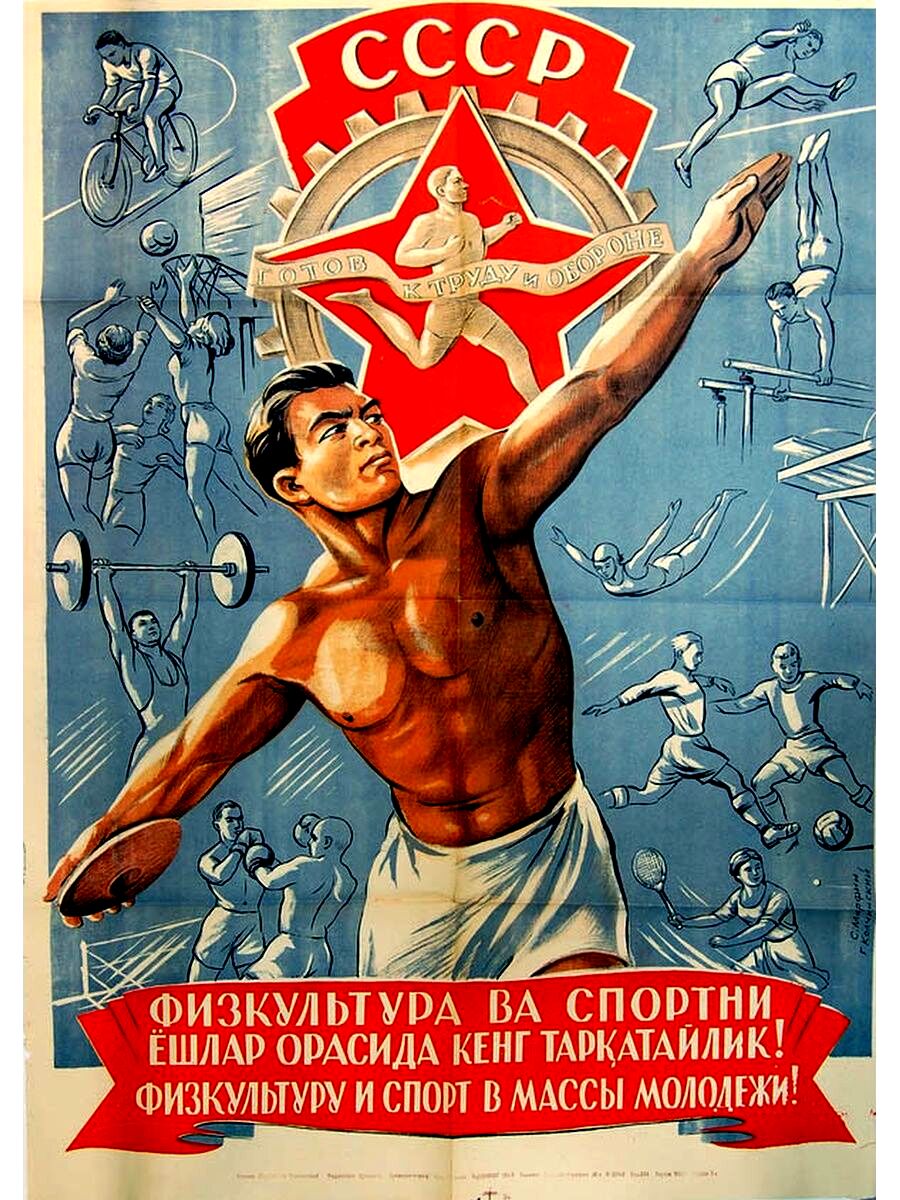English language media and the mexican FA says its a homophobic slur. Buuuut spanish media says it more just means "bitch." Anyone here know if its actually a slur used against queer people? Preferably a Mexican comrade. Whats the deeaaalll
Puto=homophobic slur against a man
Puta=Whore (slur against a woman)
The root of the word is prostituto/a
I was told puto is asshole, not literally but can be familiar like calling your friend an asshole. The homophobic slur is Hoto.(joto)
Culero = asshole
If anything puto is used more as the word fucker nowadays
Yeah it's used in a homophobe way. people will disagree on the translation and there are easier ways to be homophobic around mexicans than that word, but mexicans know whats up. You dont have to use it that way if you dont want to. but you dont need to look far to see how gay people are treated in mexico and how people throw that word around to get the idea
So when people say that puto isn't homophobic its like saying that bitch isn't misogynist?
Yeah. People will call a rude person a bitch like a mexican would call someone trying to start shit a puto. You can decide whether its misogynistic or homohphobic in general, but people will get defensive because they swear up and down that they dont mean it like that when pressed
but they don't care about how their words make those groups of people feel. Very classic, very middleschool. Of course just asking them to use different swear words is out of the question, its not incredibly easy or anything.
Usually thats what isms and phobias are, just not valuing certain people.
if you tried to explain it, heres a typical convo:
-
"You have an issue with gay people or something? Why'd you say that?"
-
"Wtf are you talking about I didn't say anything about gay people. He was looking at me crazy."
To be fair, I can think of four or five insults that would be completely homophobic no questions asked. Like I said, if a mexican wanted to be homophobic they can and will use something more intense. It still promotes homophobia and lets people get away with insulting peole a certain way when they can clearly see the results of homophobic words and actions in their communities. Lots of reactionaries among mexicans and mexican-americans who dont give af what damage it causes and would easily double down and start using the worse phrases if someone they didnt like pressed them about it
-
I'm not sure really, in Mexican parlance that may be the case. In Puerto Rican parlance we use the word to mean anyone who's affectionate, I often hear it used to describe house pets as being cuddly. I almost never hear it as an insult as opposed to the feminine version which is often used in a misogynistic tone. It's got more than one definition.
I've been interacting with Mexican people and culture for a long while. It seems to me that it's at this point more to mean something like "fucker", it's just used too much in my opinion to be strictly a gay slur.
A mex-american comrade was complaining to me about how her bf had stopped trying to learn Spanish because some or the other, then called him a puto. She's 100% not anti lgtq.
Ultimately the origin of the word is problematic, and Mex culture is generally not Lgbtq friendly, as a lot of other Hispanic ones. But if I'm being honest I see Mexicans evolving their views on lgbtq before they stop using that word. I'd love to hear a take from a mex lgbtq community.
It seems to me that it’s at this point more to mean something like “fucker”, it’s just used too much in my opinion to be strictly a gay slur.
Well just 10 years ago you could've said the same about the f-slur or its equivalent in a bunch of imperial core countries. That didn't mean calling someone the f-slur wasn't a homophobic thing, it meant that homophobia was so normalized that saying "you're gay" worked as one of the most common insults. Of course everybody you'd have pressed on the issue would've said "I don't think that guy actually fucks other guys, i just think he's acting like an asshole", but that doesn't change the fact that this insult only worked in a culture of accepted homophobia, whereas nowadays you'll just come off as a cringy boomer or some kind of fash when you call people f-slurs or try to insult them by saying "that's really gay".
I don't disagree with you in general, but it really doesn't have the same weight as f-- did 10 years ago imo. I can think of at least 2 words that are exactly gay slurs.
I'll talk to my mex comrades and see what they think. I'm from a latam and have lived in majority mex communities for a long time now, but it's not exactly the same as being from mex.
But I guess to answer OPs question, there's other words that are used when trying to be homophobic. Puto is problematic but it's not precisely and exclusively homophobic, if it has to go then we'll take up that struggle, but (and perhaps it is) it should be led by the mex lgbtq community and not FIFA or whatever.
It's a bit off topic but I'll also add that this word is one where its meaning changes significantly between the Portuguese from Portugal (where it means (male) child) and Portuguese from Brazil (same meaning as in Spanish), which when used by a Portuguese person talking to a Brazillian person can lead to a bit of an awkward situation (it's happened to me a few times since I don't even register the meaning of it in Brazil until after I've already said it and see the reaction of the person I'm talking to)
It can also mean the word "nothing" in Portugal but that's dependent on context.





